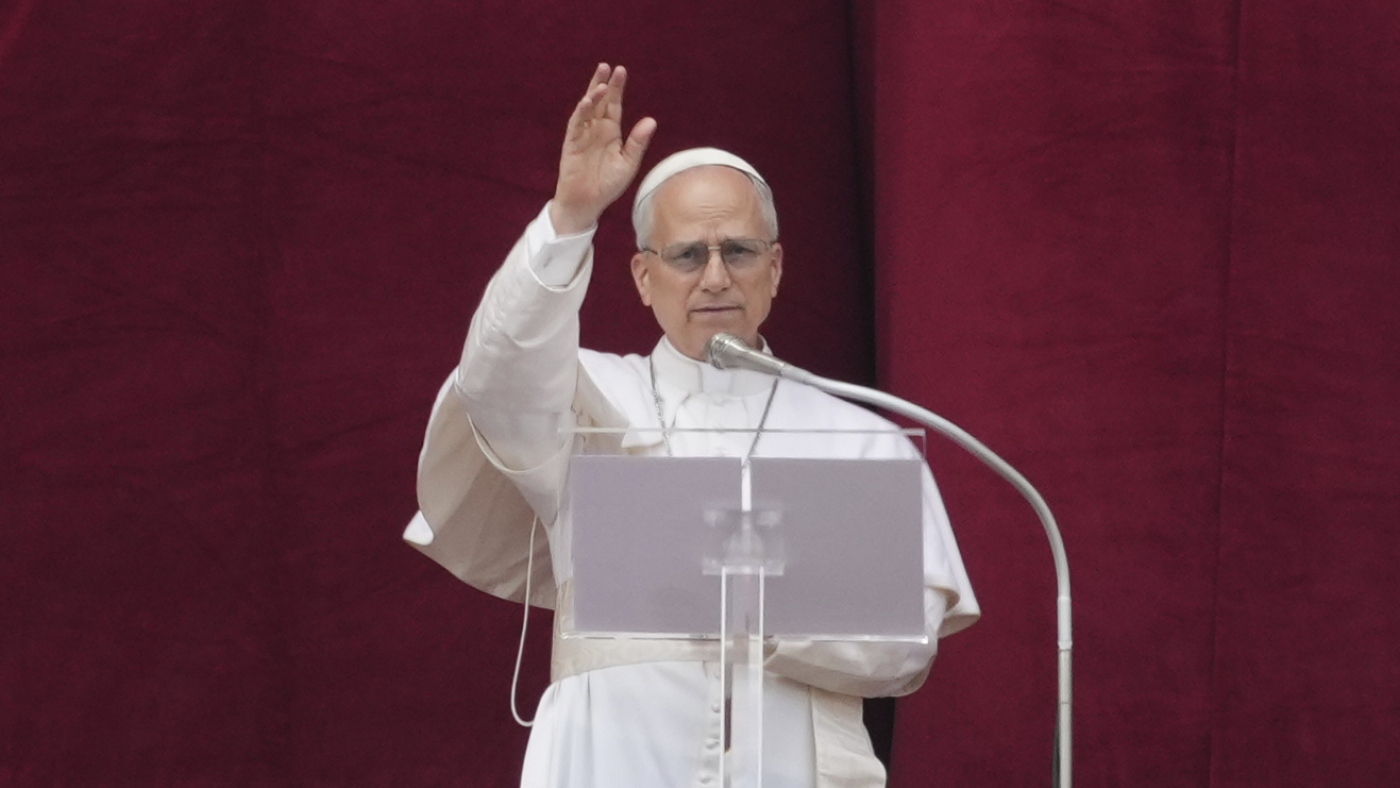Introduction
In the grand tapestry of global events, certain moments stand out as pivotal, serving as catalysts for change and reflection. One such moment occurred when Pope Leo XIV delivered his inaugural address from the loggia of St. Peter’s Basilica, calling for peace in Ukraine and Gaza. His impassioned plea, “Never again war,” echoed around the world, underscoring his commitment to peace and humanitarian aid. This analysis explores the intricacies of Pope Leo XIV’s message, its implications, and the broader context of global conflicts, offering a comprehensive look at a call that resonates far beyond the Vatican walls.
The Context of Pope Leo XIV’s Appeal
Pope Leo XIV’s call for peace did not happen in a vacuum. It came at a time when the world was commemorating the 80th anniversary of the end of World War II, a conflict that left an indelible mark on humanity. By invoking the memory of this catastrophic event, the pontiff drew a stark parallel between the past and present, emphasizing the urgency of resolving current conflicts. His reference to a “third world war in pieces” was a sobering reminder that local strife can escalate into broader, more devastating wars, highlighting the interconnected nature of global conflicts. This historical context serves as a powerful backdrop, amplifying the significance of his appeal.
Key Points of the Address
Peace in Ukraine
The ongoing conflict in Ukraine has been a source of global concern, with complex geopolitical dynamics at play. Pope Leo XIV’s call for a “just and lasting peace” in Ukraine is a poignant reminder of the humanitarian crisis unfolding in the region. His words carry significant weight, serving as a call to action for world leaders to engage in meaningful dialogue and diplomacy. By addressing the “great powers,” he implicitly urges major nations to take a more proactive role in resolving the conflict. The pontiff’s emphasis on a just and sustainable resolution rather than short-term fixes underscores the need for a comprehensive approach that addresses the root causes of the conflict.
Ceasefire in Gaza and Humanitarian Aid
The situation in Gaza is equally dire, with an immediate need for a ceasefire and the delivery of humanitarian aid. Pope Leo XIV’s call for the release of hostages and the provision of aid highlights the urgent needs of the population, many of whom are exhausted and in desperate need of support. His message is a stark reminder that beyond the political and military dimensions of conflict, there are human lives at stake. The pontiff’s emphasis on humanitarian aid underscores the immediate needs of the population, many of whom are exhausted and in desperate need of support. This call to action is not just about stopping the violence but also about addressing the immediate and long-term needs of those affected by the conflict.
Thematic Analysis
The Power of Symbolism
Pope Leo XIV’s choice of words and the setting of his address are rich in symbolism, adding layers of meaning to his message. The loggia of St. Peter’s Basilica, a site of historical significance, adds gravitas to his words. The repetition of the phrase “never again war” echoes the sentiments of previous popes and global leaders, creating a sense of continuity and urgency. This symbolic language is a powerful tool in rallying global support for peace initiatives, tapping into the collective memory of past atrocities and the shared desire for a more peaceful world.
The Role of Religion in Conflict Resolution
As a religious leader, Pope Leo XIV’s call for peace carries a moral and ethical dimension. His appeal is rooted in the teachings of his faith, which emphasize love, compassion, and the sanctity of human life. This moral authority can be a potent force in influencing public opinion and encouraging world leaders to act with greater empathy and responsibility. The pontiff’s message serves as a reminder that conflict resolution is not just a political or military endeavor but also a moral imperative, calling on all parties to act in the best interests of humanity.
Impact and Implications
Global Response
The global response to Pope Leo XIV’s address has been largely positive, with many world leaders and organizations echoing his call for peace. This widespread support indicates a growing consensus on the need for conflict resolution and humanitarian aid. However, translating this support into concrete actions remains a challenge. The pontiff’s words serve as a reminder of the work that still needs to be done, urging leaders and citizens alike to take meaningful steps towards peace and justice.
Challenges Ahead
While Pope Leo XIV’s call for peace is a significant step, the path to resolution is fraught with challenges. The complex nature of conflicts in Ukraine and Gaza, involving multiple stakeholders with divergent interests, makes finding a lasting solution difficult. The pontiff’s message, however, provides a moral compass, guiding efforts towards peace and justice. It serves as a reminder that while the road to peace may be long and arduous, it is a journey that must be undertaken with unwavering commitment and resolve.
Conclusion: A Call to Action
Pope Leo XIV’s inaugural address is more than just a statement; it is a call to action. His words resonate with a global audience, reminding us of the urgent need for peace and the importance of humanitarian aid. As the world continues to grapple with conflicts, the pontiff’s message serves as a beacon of hope, urging leaders and citizens alike to work towards a more peaceful and just world. The challenge now is to translate this call into tangible actions that can bring about meaningful change. It is a call that demands not just words but deeds, not just sympathy but action, and not just hope but concrete steps towards a future where the phrase “never again war” is more than just a slogan but a reality.

